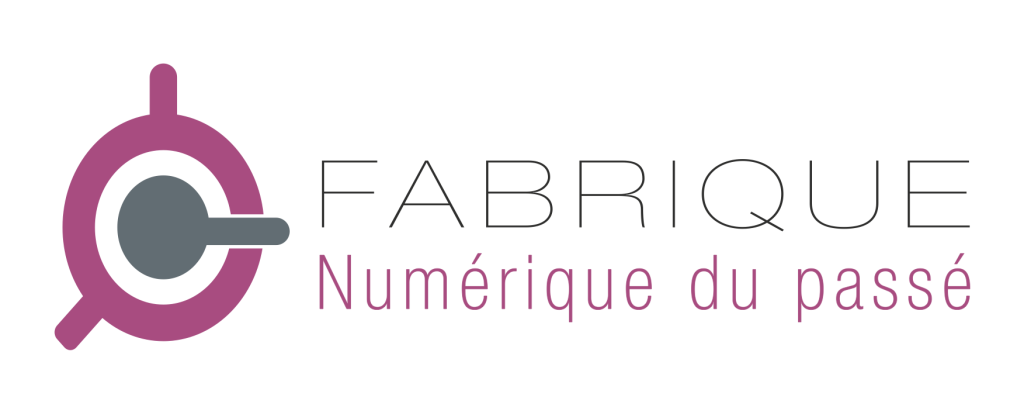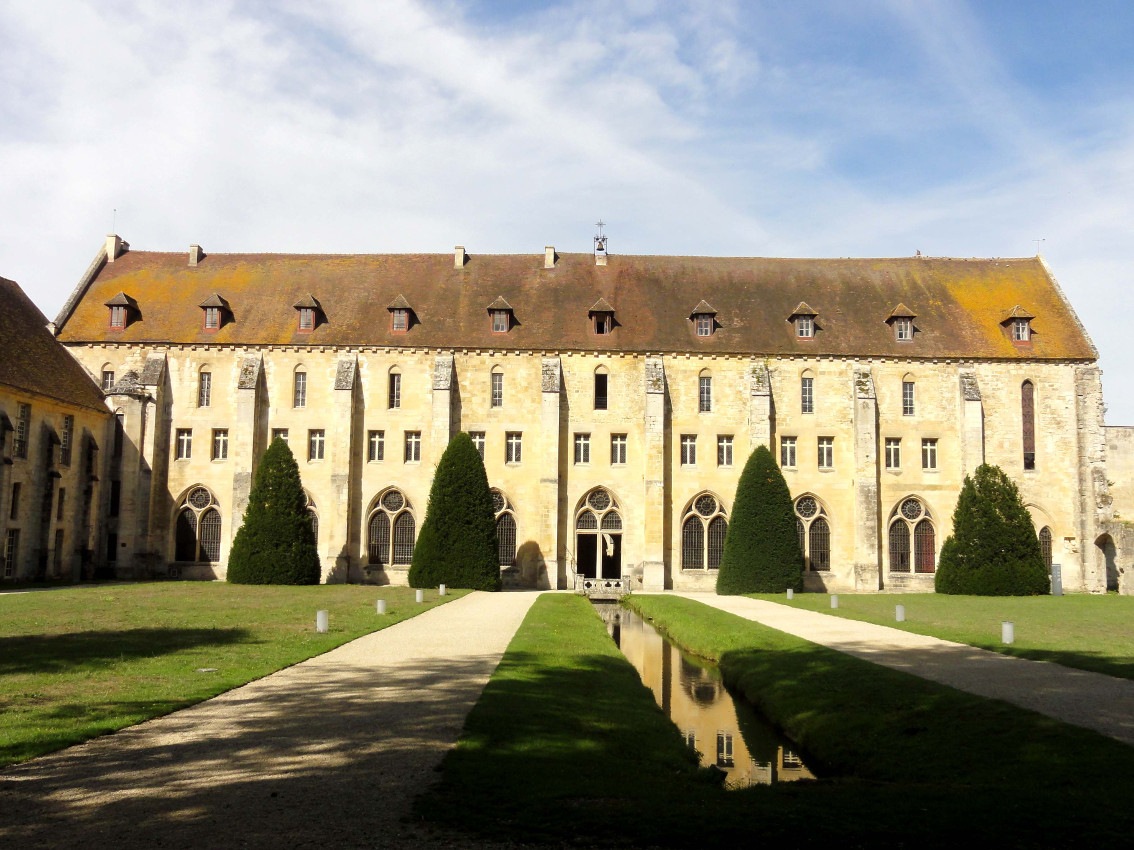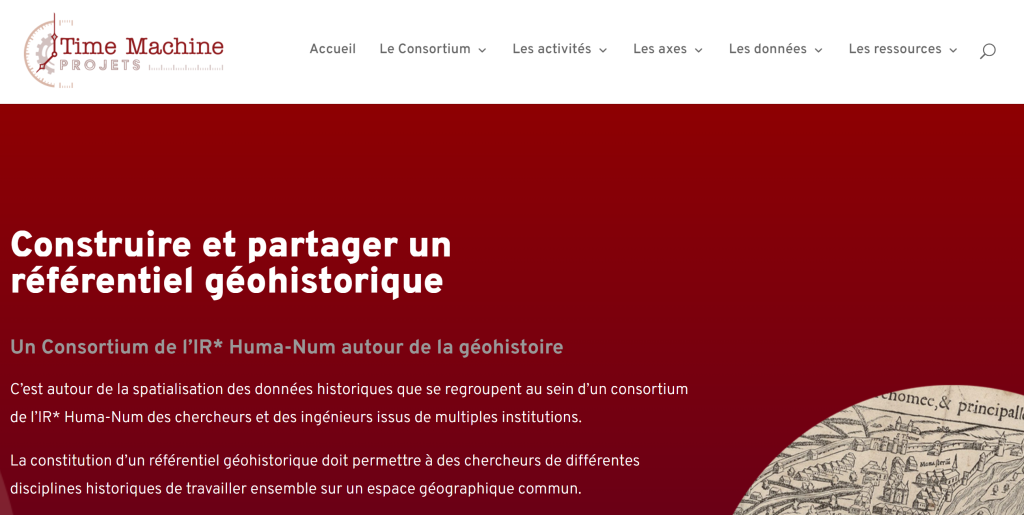The archaeological map of Chartres (C’herloQ) in the radio broadcast dedicated to “When Chartres looked like Herculaneum” by “Carbone 14”, the famous archaeological program broadcast on 23 October 2021 (https://www.franceculture.fr/emissions/carbone-14-le-magazine-de-l-archeologie/quand-chartres-ressemblait-a-herculanum)
Tag Archives: FAIR
Workshop “From data to online geohistorical platforms” / Abbey of Royaumont, 28 June – 2 July 2021
The “Digital Factory of the Past” Project
An Open Data platform for
archaeological and geohistorical data:

https://www.fabriquenumeriquedupasse.fr/

With the digital turn and the spatial turn, the historical sciences have started to produce a gigantic mass of data with a geographical dimension. This geographical dimension gives them a very strong potential for reuse by research actors for new historical approaches at new scales (big data) that are both more open and more interdisciplinary.
Moreover, this desired opening of data (cf. the Law on the digital republic of 2016) makes it possible to envisage new collaborations with the socio-economic and cultural world for innovative application developments (museums, games, environment, land use…).
However, for this opening of data to be effective, it requires a repository that allows a global approach to this data and encourages its opening. The Fabrique Numérique du Passé has set itself the goal of developing accessible tools for the historical sciences to capitalise on and make data available, in accordance with the principles of open data and FAIR data.
The Fabrique numérique du passé (Digital Factory of the Past) open data platform is aimed at research actors who wish to become involved in an open data approach that is part of the more global open science movement (ouvrirlascience).
More functionally, it is a question of agglomerating existing information and making the data produced within the framework of research projects and programmes (PCR, ANR, ERC, etc.) available to all, for free download, in their most “raw” format so that they can be easily reused.
The Digital Factory of the Past, an open data platform, thus makes it possible to link permanent repositories (data warehouses such as Nakala for the SHS), actors who produce data within the framework of projects according to professional perspectives, and a capital of data that must be both durable and accessible to be mobilised by new actors. The objectives of our platform are simple: to allow access and visualisation of a global catalogue of data, to facilitate the deposit or withdrawal of data sets in standard formats with a contextualisation of the data that makes it re-usable and interoperable (see for example: https://www.data.gouv.fr/fr/ or https://data.iledefrance.fr/pages/home-covid/). The FNP project is scientifically supported by the Huma-num Paris Time Machine (PTM) consortium, whose work on open data issues is complementary. It has been financed within the framework of the SHS 2020 project calls by the Ministry of Research and Higher Education.


